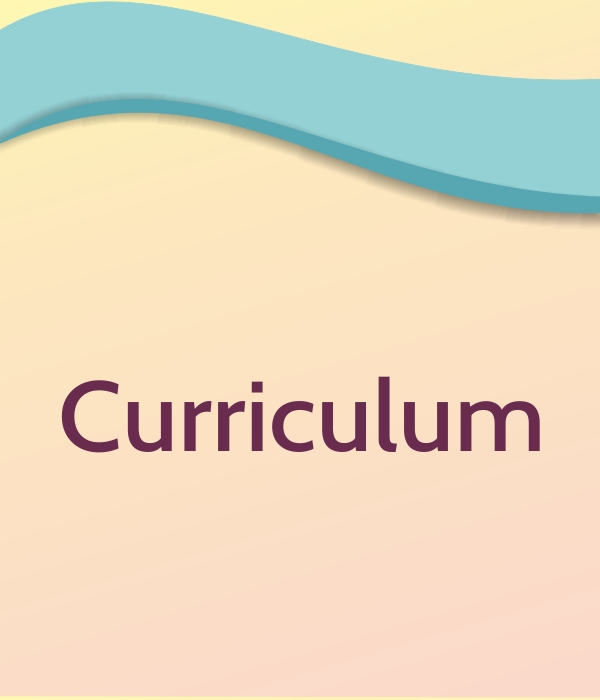Basis of the Curriculum
At Hiranandani Trust School & Hiramont we organize different funfilled activities for the holistic development of the children making learning a funfilled playful journey.
Inquiry Based Learning
| KWL CHART | ||
|---|---|---|
| What we know | What we know | What we want to know |
|
|
|
Multiple Intelligence
Encourages employing different talents and personality traits in the classroom along with academics.
The teacher offers different kinds of activity to learn any concept or to reinforce a lesson .Some of the intelligences, briefly described, are:
-
Linguistic : the intelligence of words.
-
Logical Mathematical : the intelligence of numbers and reasoning.
-
Musical : the intelligence of tone, rhythm, and timbre.
-
Spatial : the intelligence of pictures and images.
-
Bodily Kinesthetic : the intelligence of the whole body and the hands
-
Interpersonal : the intelligence of social interactions
-
Intrapersonal : the intelligence of self-knowledge
With this students start to see each one of them have a unique set of capabilities and skills. In school, we tend to focus primarily on verbal-linguistic and logical-mathematical intelligence. Many students are highly skilled/intelligent in other ways, that gives them an opportunity to strengthen their self-image and recognize that they still have the potential to do well.
Sensory Education
The Montessori classroom plays a key role in sensory education, particularly, building a solid foundation for abstract learning.
Montessori’s observation that the act of a Montessori child touching an object is a building block for writing, just as looking will be essential to reading development, is at the core of sensory education. Movement is the key to growth and development – to sensory and motor outputs, to sensing, knowing and learning.
Inquiry Based Learning
Progressive education is essentially a view of education that emphasises the need to learn by doing. Dewey believed that human beings learn through a ‘hands-on’ approach. From Dewey’s educational point of view, this means that students must interact with their environment in order to adapt and learn. Dewey’s approach was truly child-centered.
-
Students learn better when they are actively engaged in the learning process
-
Students will want to know more when they need to know more
-
You never know what problems will need to be solved
-
Give students the space and they will find the learning
Child Centric
Child-Centred Curriculum means children take command of their own learning. Teachers are there to provide support and facilitate the child’s learning but children determine the direction of their own learning following their natural curiosities, interests and passions. Children take responsibility for making choices about what they will learn and explore. Teachers listen for cues and watch interests develop to create an appropriate curriculum for each individual. This method is also sometimes referred to as play-based.
Yoga Based Learning
It’s hard to be a kid today. Today’s children deal with many distractions, temptations, overstimulation and peer pressure. Hiramont Preschool of the Hiranandani Trust School, promises to do more for the children and be creative in how they reach even the most isolated child. Yoga is a helpful tool that can have a positive impact on children.
We aim at teaching various concepts through Yoga as it help the kids to:
-
Develop body awareness and increase focus.
-
Build concentration and increase focusing ability.
-
Increase their confidence and positive self-image.
Project Based Learning
The Reggio Emilia approach offers a “negotiated” curriculum. This is a child centered learning philosophy where children work closely with their teacher to forge a path of knowledge.
All of our programme are based on the belief that children are active participants in their learning.
Through collaboration, shared experiences, and in-depth exploration of unique topics, children develop a rich understanding of the projects which they undertake.
Curriculum
Activities and Special Days at HTS (age specific)
-
Inter-House Games (Grade 1-VIII)
-
Picnic
-
Competitions (Grade I – VIII)
-
Annual Concert
-
Annual Athletic Meet
-
S.U.P.W. (Grade VIII)
-
Master Chef of the Day (Grade I – VIII)
-
Poster making (Grade V – VIII)
-
Fancy Dress
-
Inter-House Quiz (Grade I-VIII)
-
Inter-House Debates
-
Impromptu Speech
-
Festival Celebrations
-
Dramatics (Grade I-VIII)
-
Educational Field Trips
-
Inter-House Dance Competition
-
Karate Display
-
Project Day – All subjects (Grade I – VIII)
-
Art Exhibition
-
Hindi Divas
-
Marathi Day
-
Speech Day
-
Grand Parents’ Day (Pre-primary)
-
Talent Show (Pre-primary)
-
Show and Tell Sessions (Pre-primary)
-
Play way Method – Projects (Pre-primary)
-
Graduation Day (Senior KG)
-
Yoga


